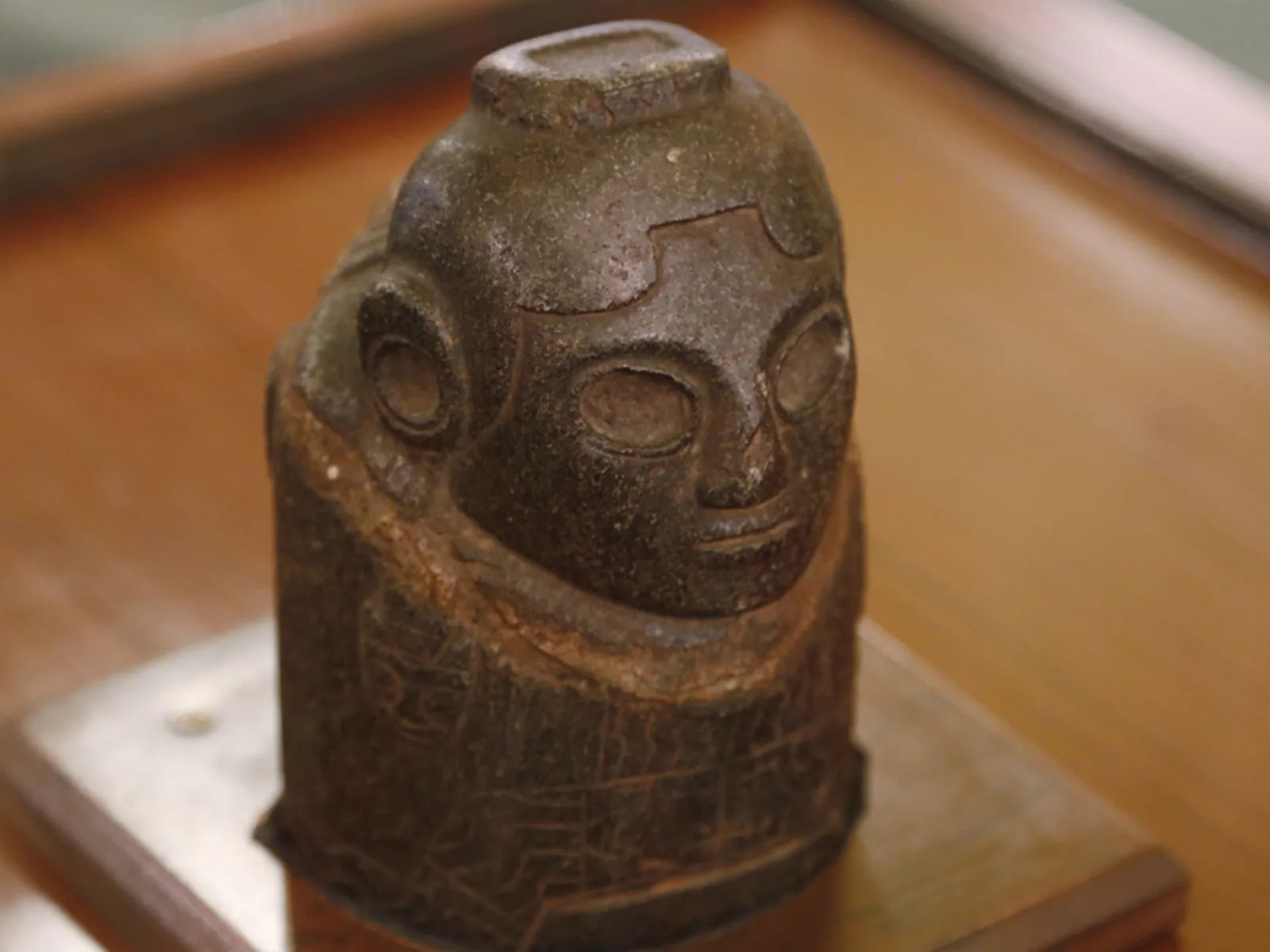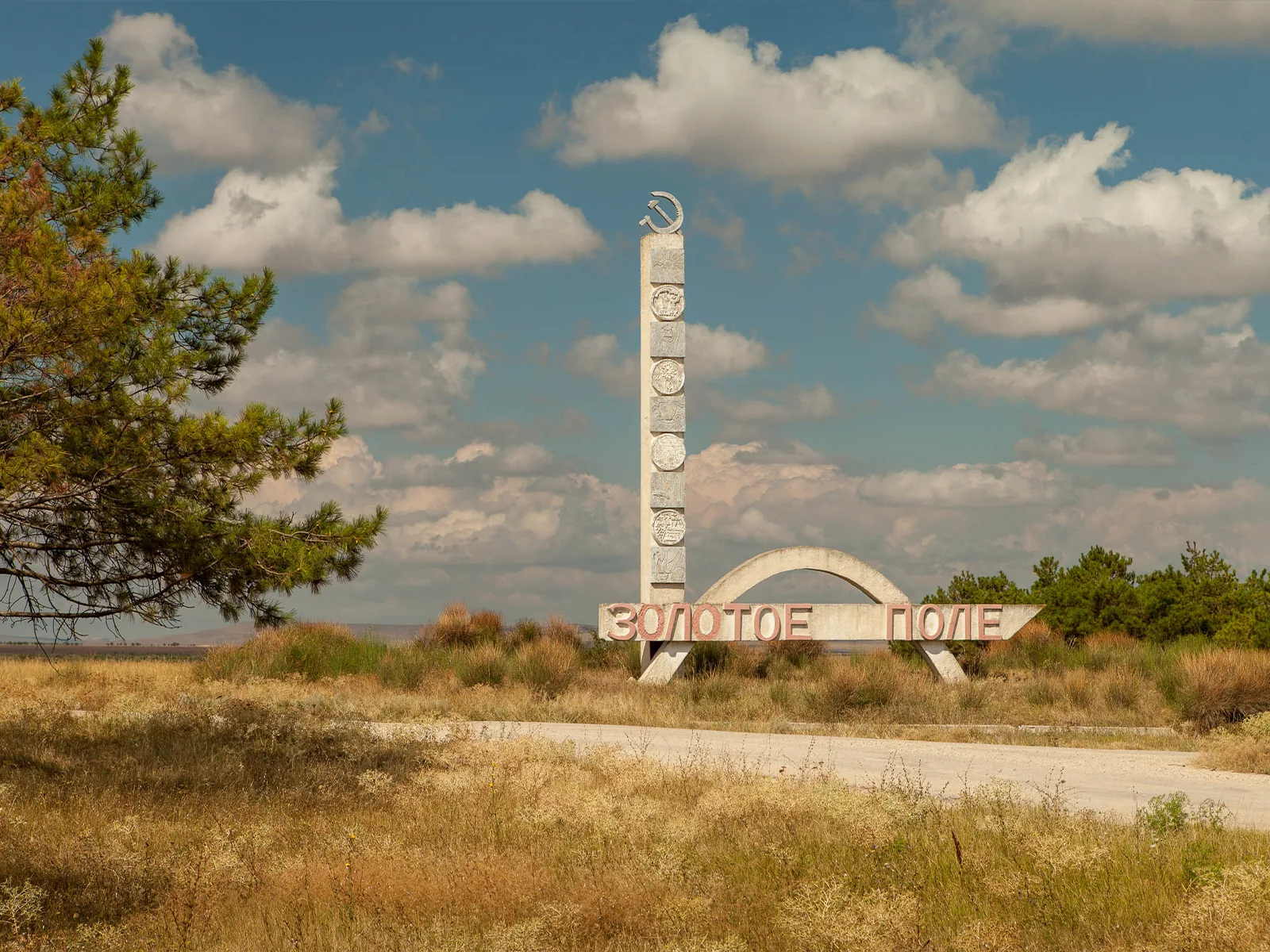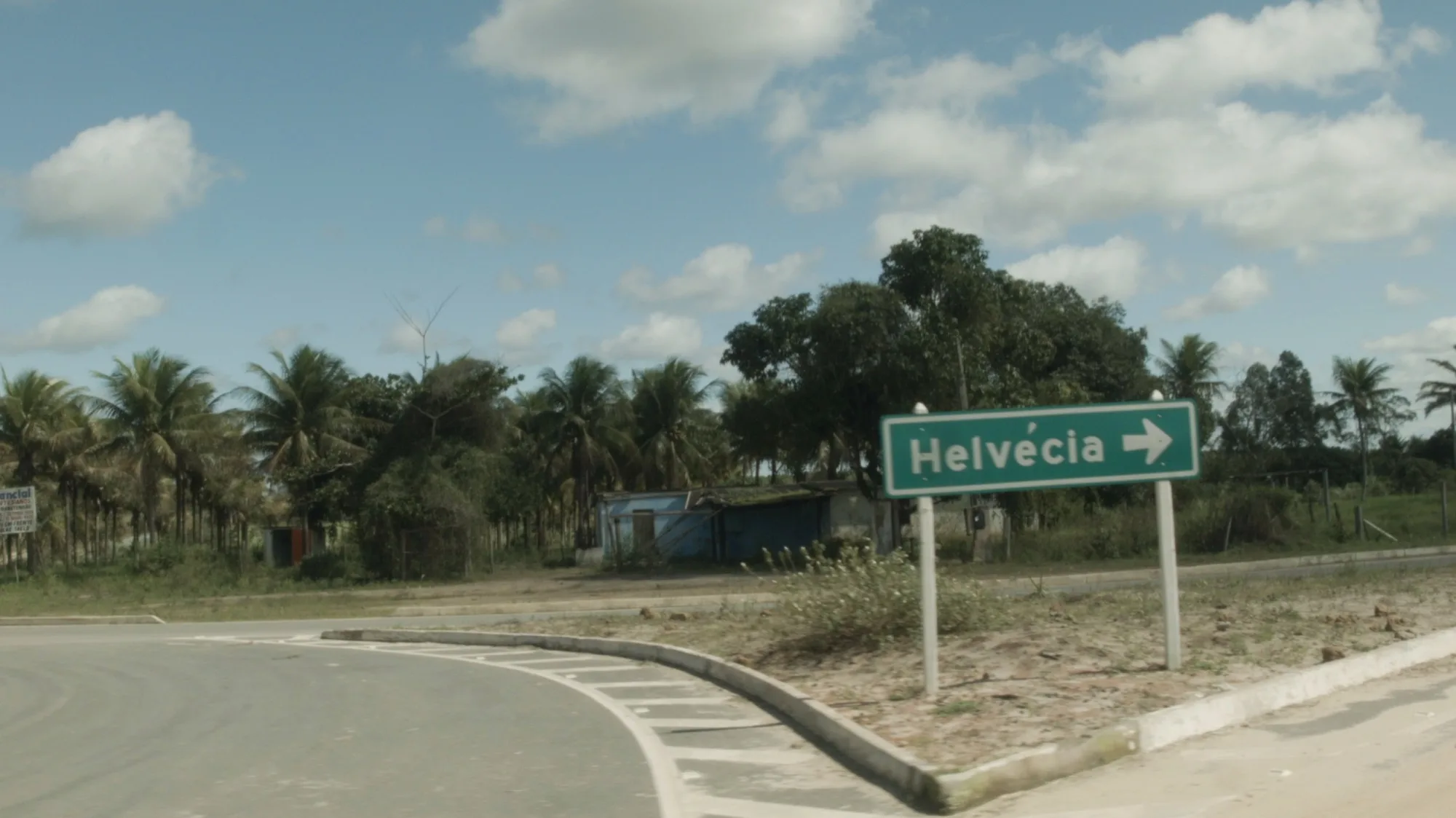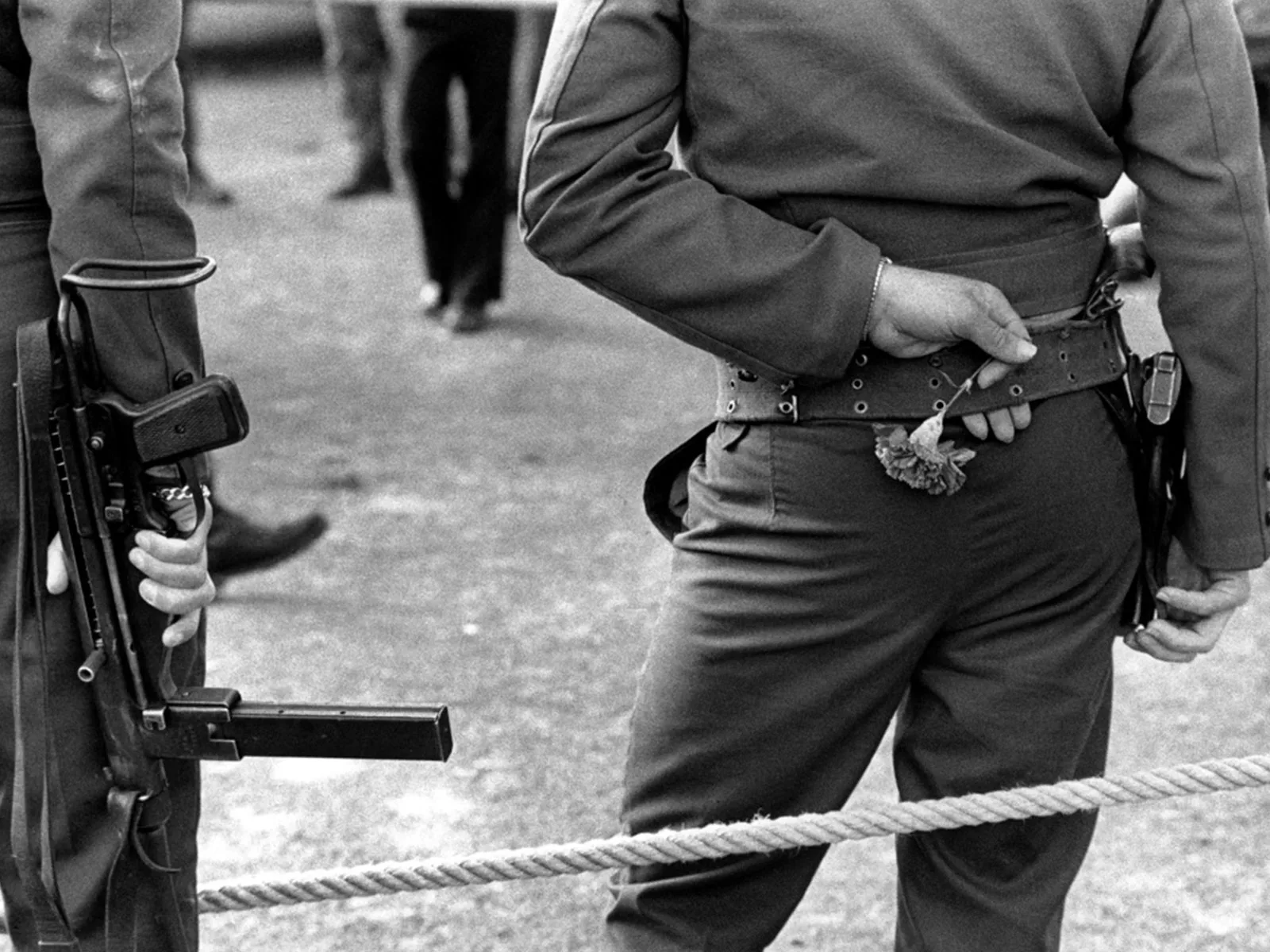
The Carnation Revolution
In April 1974, one of Europe's oldest dictatorships collapsed in Portugal. In Switzerland, people were worried about the future of Portugal. Not least because of the fragile political balance in southern Europe.
TV documentary about the Carnation Revolution in Portugal. YouTube
Powder keg Southern Europe

Fear of a left-wing regime
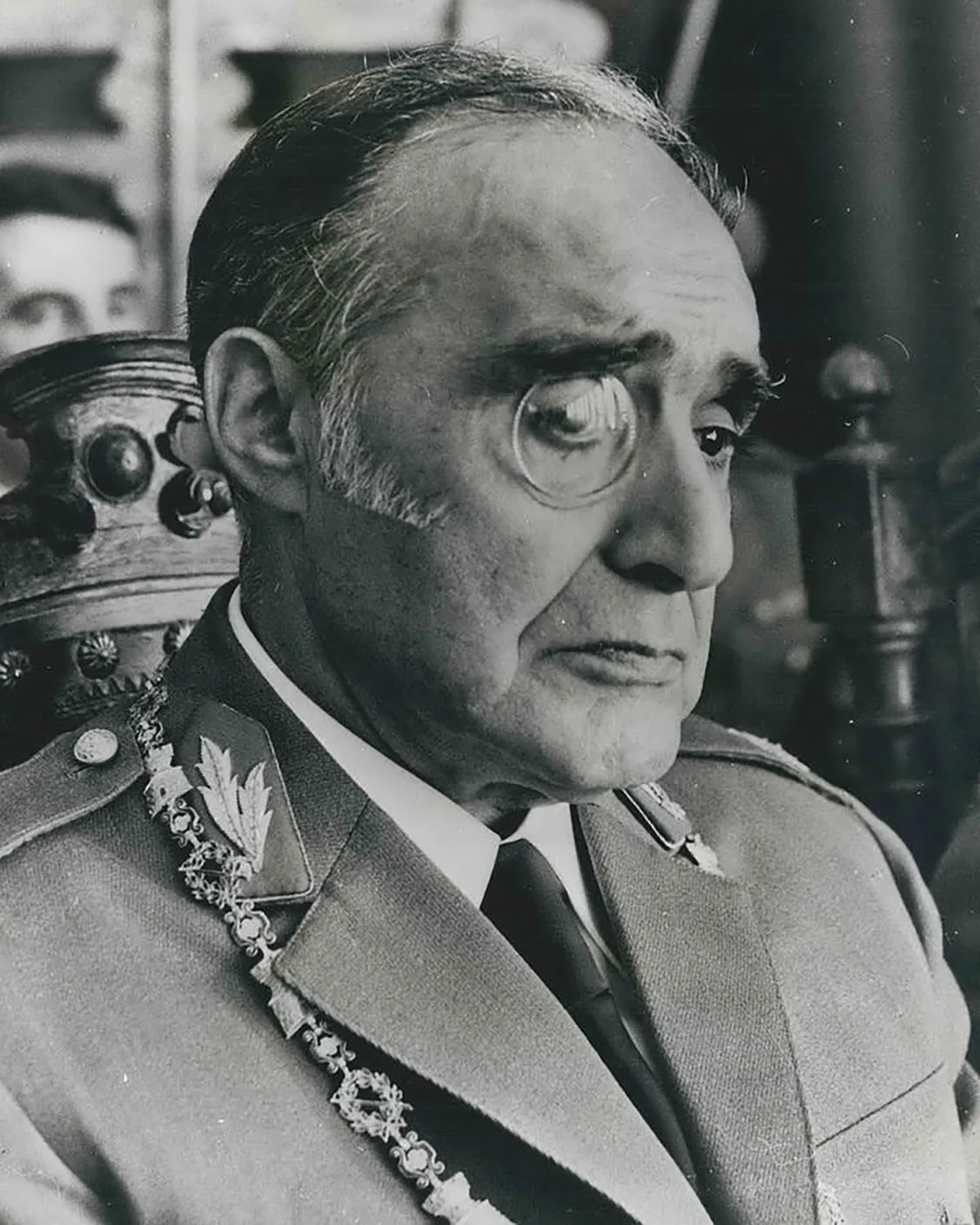
Joint research

This text is the result of a collaboration between the Swiss National Museum (SNM) and the Swiss Diplomatic Documents Research Centre (Dodis). The 50th anniversary of the Carnation Revolution was the occasion for several publications and historical events that inspired this text. The documents accessible on Dodis are available online.

